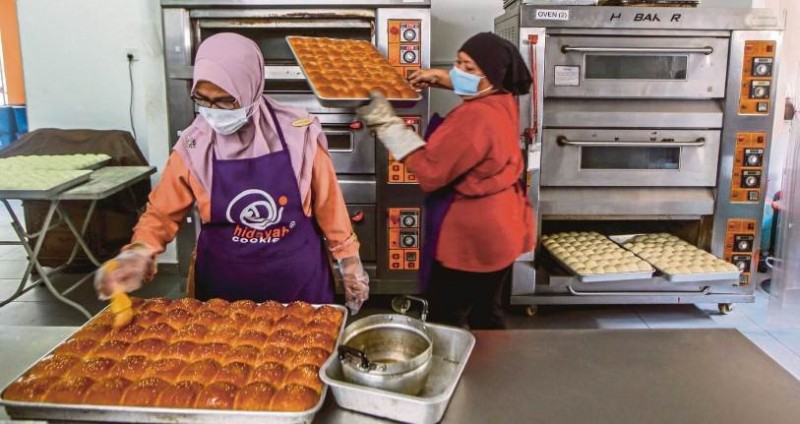
KUALA LUMPUR: The Small and Medium Enterprises Association of Malaysia (Samenta) national president Datuk William Ng in a statement today has asked the government if it is ready to subsiside 75 per cent of the wage difference to make the progressive wage model (PWM) work.
He raised concerns on the government's ability to invest heavily to subsidise employers if it was determined to implement PWM broadly.
"Are we also prepared to invest heavily to subsidise employers, especially SMEs, to implement the model? "The costs go far beyond the incremental salaries, but include the training, administrative and compliance costs, which would fundamentally alter the cost structure of many SMEs – leading to potentially disastrous consequences.
"As such, for PWM to work, the government should be prepared to subsidise up to 75 percent of the wage differential, as is practised in Singapore, while paying for the training needed to upskill employees to move up to the next tiers," Ng said in a statement.
He said the government in a bid to increase wages of different rungs of workers, should not compromise the viability and survival of businesses, especially the small and micro enterprises.
According to Ng, Samenta has not been invited to any discussion on PWM, either with the Ministry of Economy or the National Economic Action Council, despite being the oldest and largest SME association in the country and having voiced its concerns over the PWM.
"Regardless of that, we trust the Minister is sufficiently advised by other stakeholders of the risks and challenges in implementing the PWM in Malaysia," said Ng.
He cited Singapore as an example where he claimed the model has seen mixed success, with it not having gone beyond the few initial sectors even after a decade of implementation.
"This is despite Singapore having supported the roll-out with generous subsidies and targeted skills improvement schemes largely paid for by the government. "It is also important to note that Singapore does not have a minimum wage policy, unlike Malaysia."
He added that although the PWM must be given an opportunity to succeed, it must not be seen as a "cure to our wage stagnation conundrum"."
At best, it is a temporary measure to help alleviate the wages of some segment of Malaysians, assuming that this will be implemented as an alternative to the minimum wage regime, rather than on top of it," said Ng.
SAMENTA also reiterated its call to the government to establish a high-level Future of Work Taskforce to address the severe disruption in the job market and to plan for the Future of Work.
It said the taskforce must include not only the relevant government agencies, but also the industry, including SMEs, to address this gap and prepare Malaysia and Malaysians for a changed workplace.
Source: https://www.nst.com.my/business/2023/08/940511/samenta-government-ready-subsidise-75-pct-wage-difference-make-progressive

